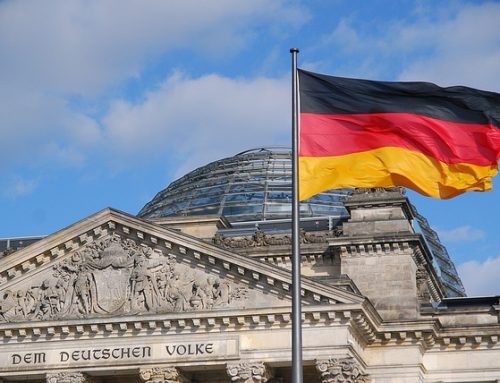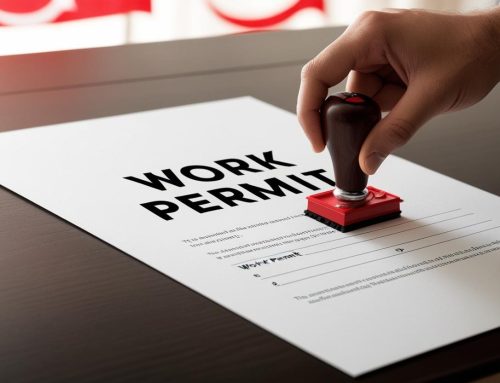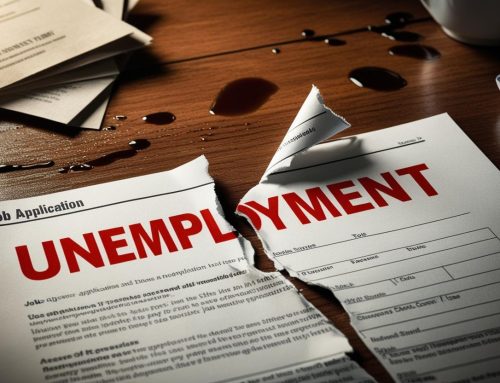Italy is strengthening its position as an attractive destination for global investment, and foreign-controlled multinationals are driving the innovation of Italian supply chains and the competitiveness of the Italian production system. These are the findings from the final report of the ninth edition of the Global Attractiveness Index (GAI) 2024, an analytical platform developed by The European House Ambrosetti in 2016 to measure the attractiveness of countries, providing insights to support pro-business strategies. The report was presented at the 50th edition of the Forum, hosted at Villa d’Este (Cernobbio).
Thanks to a mix of innovation, economic growth, and support for SMEs, Italy has gained a position, reaching 17th in the global rankings, despite the challenges of the current global context, marked by geopolitical instability and tensions in financial markets. The report suggests several areas for Italy to develop in, including completing strategic infrastructure, adopting innovative technologies such as artificial intelligence (AI), and simplifying its regulatory framework.
Amazon’s contribution
Since 2010, when the Amazon.it online store was launched, Amazon has invested more than €16.9 billion in Italy, creating 60 facilities – including operations, corporate offices, data centres, and customer service centres – and generating 18,000 permanent jobs, growing to around 19,000 by the end of 2024. As a result, these investments have become a development engine for both urban areas and areas with fewer job opportunities, boosting innovation in ancillary businesses. It has also benefited the 21,000 Italian SMEs that sell on Amazon, 65% of which are successfully exporting, recording more than €1.2 billion in foreign sales in 2023.
Our commitment to Italy’s competitiveness: Sustainability, innovation, regulatory simplification
We welcome the indications that have emerged from the GAI research on how to make Italy even more attractive for investment: completing strategic infrastructure with a focus on sustainability, taking full advantage of the opportunities offered by AI, and simplifying the regulatory framework, harmonising it at the European level to strengthen the Single Market.
Regarding investment in sustainable infrastructure, at Amazon we have promoted the electrification of the transport network of delivery service providers, the adoption of renewable sources to meet energy needs, and the shift of transport volumes from road to rail and sea. Indeed, we have developed an intermodal network with hundreds of routes that improve the speed and reliability of deliveries, while reducing their environmental impact. In 2023 alone, in the European Union, we have increased the use of rail and maritime transport by 50%, distributing products through more than 100 rail and more than 300 maritime routes. In addition, through partnerships with Italian players such as Grimaldi and Mercitalia, we have shown our commitment to expanding intermodal transport and contributing to more efficient and sustainable logistics.
At the same time, Amazon aims to make Italy a hub of excellence for innovation, through the development and responsible use of AI. We’re working with institutions to create an innovation-friendly environment, in line with the priorities of the Italian G7 Presidency, and we are investing in training to address the AI skills gap. Our generative AI tools support Italian SMEs selling online by improving the quality of product listings and synthesising reviews, helping customers make more informed choices and reducing returns. More than 30,000 European selling partners have already adopted these technologies, benefiting from increased operational efficiency and a better sales experience.
We’re strongly committed to promoting the regulatory simplification and harmonisation of the European Single Market, a priority highlighted by the GAI to improve the competitiveness of Italian SMEs. A recent independent study conducted by Implement Consulting Group on 216 Italian businesses, in collaboration with the National Confederation of Craftsmen and Small and Medium Enterprises and Amazon, found that regulatory differences between countries reduce the competitiveness of SMEs (65%); while simplification of administrative procedures is considered a key lever for their growth through the Single Market (93%). With more than EU-based 125,000 SMEs selling with Amazon, we’re committed to promoting access to clear and up-to-date information, working with institutions to create a more harmonised and growth-friendly regulatory environment for European businesses.
Source: Amazon News
Legal Notice: The information in this article is intended for information purposes only. It is not intended for professional information purposes specific to a person or an institution. Every institution has different requirements because of its own circumstances even though they bear a resemblance to each other. Consequently, it is your interest to consult on an expert before taking a decision based on information stated in this article and putting into practice. Neither Karen Audit nor related person or institutions are not responsible for any damages or losses that might occur in consequence of the use of the information in this article by private or formal, real or legal person and institutions.






